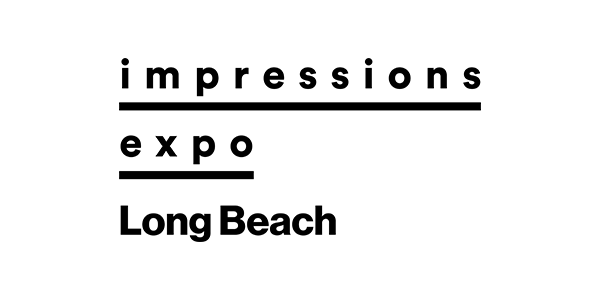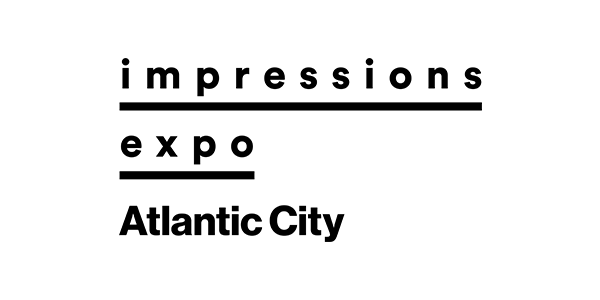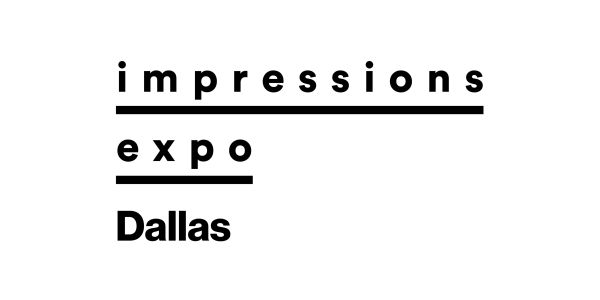This idiom goes, “a man is only as good as his tools.” In this case, your product is only as good as your textile printer. The proper printer depends entirely on the fabrics you intend to use, and the types of print jobs you’ll most frequently encounter.
There are two types of digital fabric printing machines on the market today – dye sublimation and direct-to-fabric. After looking at multiple machines in both print-types, we have identified the top eight fabric printing machines.
Printers for Non-Polyester Material
Non-polyester fibers, are popular in the textile and fabric-printing marketplace, most commonly personal apparel, home décor, sportswear and soft-signage markets. The properties of non-polyester materials, such as cotton, nylon and silk, require an ink chemistry and printing process that is applied directly to the garment. These printers, known as direct-to-fabric printers, come in a variety of specifications and capabilities.
Here are the top three:
4Mimaki TX300P-1800
Max. Print Width: 75.6″
Fabric Drive Method: Pinch Rollers
Ink Price: $85-$115/L
Max. Print Resolution: 1440 DPI
Expected Production Speed: 250-350 square feet per hour
MSRP: $35,995
Estimated Street Price: $33,995
Dimensions: 126″ x 33.5″ x 73.1″
Weight: 470 lbs.
The Mimaki TX300P is the ideal entry-level and mid-level production printer. Its self-monitoring system means it’s very easy to use, and the technical sophistication makes it a breeze to maintain so you can use it for years to come.
Mimaki TX300P-1800B
Max. Print Width: 74.02″
Fabric Drive Method: Adhesive Print Belt
Ink Price: $85-$115/L
Max. Print Resolution: 1440 DPI
Expected Production Speed: 250-350 square feet per hour
MSRP: $89,995
Estimated Street Price: $87,995
Dimensions: 125” x 75.3” x 72.6”
Weight: 1382 lbs.
The TX300P-1800B offers the same fabric-printing technology as the standard TX300P-1800, but the 1800B is designed for delicate print jobs. The 1800B uses an adhesive print blanket to secure fabric as it moves through the production process, which is critical for printing on knit goods and delicate fabrics.
Mutoh VJ-1938TX
Max. Print Width: 74.8″
Fabric Drive Method: Pinch Rollers
Ink Price: *Third Party
Max. Print Resolution: 1440 DPI
Expected Production Speed: 250 square feet per hour
MSRP: $39,995
Estimated Street Price: $32,995
Dimensions: 117.4″ x 44.6″ x 49.6″
Weight: 670 lbs.
Another excellent entry-level machine, we like the Mutoh 1938TX model for its flexible ink choices. This model is ideal for direct-to-fabric printing on woven textiles.
Printers for Polyester Material
You may or may not know that polyester is one of the most commonly used materials in textile products. We use polyester in tradeshow signage, sports apparel and various home and personal items. Printing on polyester fibers requires dye sublimation– a process using disperse dyes printed onto transfer paper, which is then transferred to the garment using a heat press. As such, the best printers need to be efficient and optimized to handle the occasionally messy heat-press application.
Here are our top five:
Epson F7200
Max. Print Width: 63.6″
Ink Price: $115/L
Max. Print Resolution: 1440 x 720 DPI
Expected Production Speed: 325 square feet per hour
MSRP: $15,995
Estimated Street Price: $12,995
Dimensions: 103″ x 40″ x 52″
Weight:605lbs.
The Epson F7200 delivers amazing print results while maintaining a remarkably simple operation. This model won’t break the bank, so it’s great for companies just starting in the business.
Epson F9370
Max. Print Width: 63.6”
Ink Price: $115/L
Max. Print Resolution: 1440 x 720 DPI
Expected Production Speed: 568 square feet per hour
MSRP: $27,995
Estimated Street Price: $25,995
Dimensions: 64″ x 36″ x 45″
Weight:639lbs.
The Epson F9370 is the Usain Bolt version of the Epson dye sublimation printers. It has all of the same capabilities as the EpsonF7200, but works at a faster pace, making it perfect for larger-scale operations.
Mimaki TS300
Max. Print Width: 76.4″
Ink Price: $120/L
Max. Print Resolution: 720 x 1080 DPI
Expected Production Speed: 600 square feet per hour (four-color mode)
MSRP: $25,995
Estimated Street Price: $24,995
Dimensions: 126″ x 33.5″ x 73.1″
Weight:470 lbs.
When your print operation gets so large that you don’t have the time to monitor active print jobs, the Mimaki TS300 is the printer for you. The self-monitoring system ensures speed and accuracy, and even has eight color channels that allow you to print fluorescents if needed.
Mutoh VJ-1638
Max. Print Width: 63.6″
Ink Price: *Third Party
Max. Print Resolution: 1440 DPI
Expected Production Speed: 450 square feet per hour (four-color mode)
MSRP: $26,495
Estimated Street Price: $21,995
Dimensions: 106″ x 35″ x 50″
Weight: 481 lbs.
The only Mutoh model on this list is ideal for simpler operations that still need the capabilities of a more complicated machine. The Mutoh VJ-1638 has flexible ink options and eight color channels but is still easy to use. That many features at this price point will be difficult to beat.
Roland XT-640
Max. Print Width: 63.6″
Max. Print Resolution: 1440 DPI
Ink Price: $99/L
Expected Production Speed: 450 square feet per hour (four-color mode)
MSRP: $29,995
Estimated Street Price: $25,995
Dimensions: 111.7″ x 32.7″ x 65″
Weight: 471 lbs.
The third model on our list with eight color channels, the Roland XT-640 is a great alternative to the popular Mutoh and Epson brands. We recommend it for production printing and higher volume print shops.
Don’t Forget the Extras
As you’re homing in on the fabric printing machine you would like to purchase, don’t forget to consider everything else that’s required of print machine owners – material costs, maintenance and training for your new printer. Some brands offer service plans and technicians directly, while others rely on the distributor for maintenance needs. Materials will depend on the type of printer you select, so do your homework.
The advancements in fabric printing technology seemingly change by the day. However, this selection of tried and true fabric printing machines is a great foundational list for those looking to start or grow their printing business.
Tim Dinneen is business development manager for ITNH Inc. ITNH is a leading provider of equipment, inks and media for wide format inkjet digital printing, including industrial UV curable applications. Since 1993, ITNH has offered businesses the latest technology from the highest performing brands on the market, as well as comprehensive, turnkey solutions from planning and installation to implementation and support. For more information, visit itnh.com.





